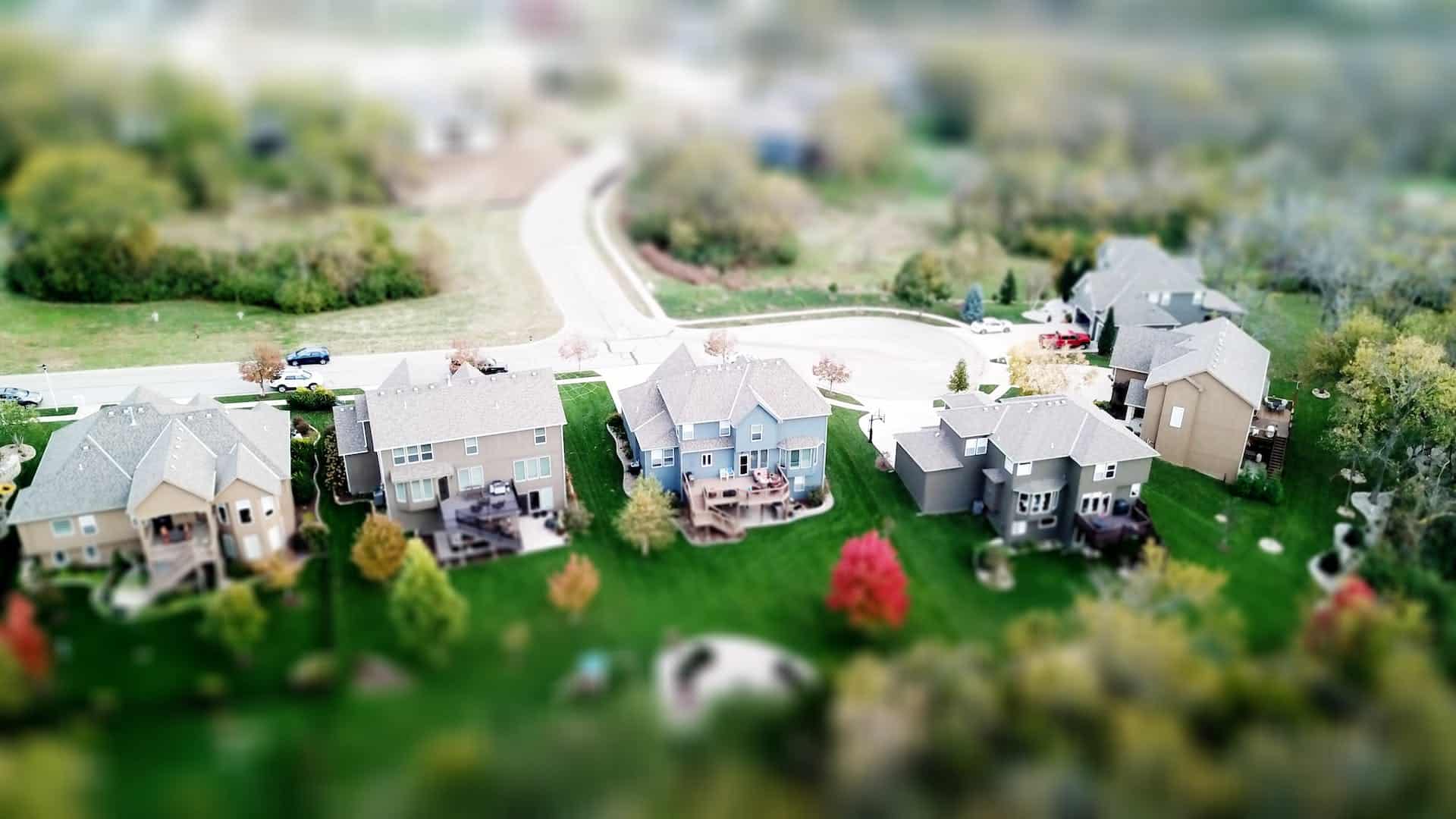The role of real estate in urban economic development is undeniable. It is a significant contributor to the financial health of a city, influencing areas like housing, land development, and business growth. This article will delve into the intricate relationship between real estate and urban economic development, offering a comprehensive analysis of the influences, impacts, and implications of this crucial sector.
The Connection Between Real Estate And Economic Growth
At the heart of urban economic development lies the real estate sector. It is a cycle where real estate and urban economic growth fuel each other. Let’s explore this relationship a little further.
Dans le meme genre : What are the latest trends in creating smart, adaptive workspaces for hybrid work models?
Real estate is a critical driver of economic growth. It does so by creating employment opportunities in fields like construction and property management, contributing to the overall economic health of urban areas. Further, new commercial real estate developments, such as office buildings, shopping centers, and industrial parks, bring new businesses to an area, leading to job creation.
Conversely, economic growth also drives real estate development. As a city’s economy grows, there is an increased demand for housing and commercial spaces. This leads to an increase in property values, which in turn encourages more real estate development, creating a cycle of growth that benefits the entire community.
A lire en complément : How to mitigate risks in real estate investments in areas prone to natural disasters?
The Role of Real Estate in Community Planning and Development
Community planning and development is another area where real estate plays a pivotal role. The kind of real estate developed in an area can significantly shape the community’s economic prospects.
When real estate developers choose to invest in a certain area, they don’t just bring new buildings. They bring a vision for the community. This vision often includes plans for job creation, increased business opportunities, and improved community facilities. In other words, real estate development can be a powerful tool for urban renewal and regeneration.
However, it’s also worth noting that real estate development can have negative impacts on a community if not handled responsibly. For instance, if developers focus solely on luxury properties, it could lead to gentrification and displace lower-income residents. Therefore, a balanced approach to real estate development is essential for sustainable community development.
Real Estate and Land Development: A Key to Urban Expansion
Land development is the backbone of urban growth, and real estate plays a central role in this process. Understanding this relationship is key to understanding urban expansion.
When undeveloped land is converted into residential, commercial, or industrial properties, it typically increases the land’s value and contributes to urban growth. This process often involves significant investment in infrastructure, which can further stimulate economic activity.
However, this process must be managed carefully. Unchecked land development can lead to issues such as urban sprawl, traffic congestion, and environmental degradation. Therefore, careful planning and strategic real estate development are crucial to ensure urban expansion benefits the community as a whole.
Real Estate Data Analysis in Urban Economic Planning
Lastly, real estate data analysis is a crucial tool for urban economic planning. By analyzing trends and patterns in the real estate market, planners can make informed decisions about future development.
For example, if data shows a growing demand for affordable housing in a particular area, planners might incentivize developers to build more low-cost homes. Likewise, if data shows a surplus of commercial spaces, planners may decide to limit the construction of new commercial properties to prevent oversupply.
In conclusion, real estate is much more than just buildings and land. It is a critical driver of urban economic development, influencing areas from housing and land development to community planning, and business growth. By understanding the role of real estate in urban economics, we can make better decisions that lead to more sustainable and inclusive urban growth.
Real Estate Investment and the Housing Market
Real estate investment plays a substantial role in the dynamics of the housing market, a key component of urban economic development. The relationship between real estate investment and the housing market is both intricate and influential.
Investment in real estate, particularly residential properties, greatly impacts the housing market. When substantial investments are made in the development of new housing units, it can lead to an increase in the supply of homes. When the demand for housing is high, such investment can help balance out housing prices, making homes more affordable for residents.
However, the impact of real estate investment is not solely focused on supply. Real estate investors also play a crucial role in maintaining the quality of the housing stock. By purchasing, renovating, and selling houses, they can help improve the condition of local housing and contribute to the overall attractiveness of urban areas.
At the same time, the housing market directly influences real estate investment decisions. For example, if housing prices in an area are increasing, this could attract more investors to that area. This can subsequently lead to more development, further driving economic growth in urban areas.
It’s crucial to remember that while real estate investment can bring many benefits, it must also be regulated. Without proper oversight, excessive real estate investment can inflate housing prices and create housing market bubbles, leading to potential economic instability.
Public Health Implications of Real Estate Development
The role of real estate in urban economic development is not limited to the economic realm. There’s a direct correlation between the state of public health and real estate development strategies.
Real estate development can have far-reaching impacts on public health. For instance, planning decisions on where to place residential and commercial properties can influence pollution levels, access to green spaces, and the availability of healthy food options in urban areas.
Moreover, housing quality, which is directly influenced by real estate development, is a significant determinant of health. Poor housing conditions can lead to health problems like asthma, lead poisoning, and mental health issues. On the other hand, high-quality, affordable housing can promote better health outcomes, leading to a healthier, more productive workforce that can drive economic development.
On the other hand, public health considerations can also shape real estate development. Urban planning strategies that prioritize public health, such as the development of pedestrian-friendly neighborhoods, green spaces, or the inclusion of health services within residential developments, can influence the type of real estate projects that are undertaken.
Conclusion: The Multifaceted Role of Real Estate in Urban Economics
The role of real estate in urban economic development is multifaceted and significant. It is central to numerous aspects of urban life, including the housing market, land development, community planning, public health, and more. In effect, the real estate sector is not just a passive component of the urban economy, but an active driver of economic growth.
Understanding the role of real estate in urban economics allows for more informed decision-making in urban planning and policy. By considering the relationships between real estate development, the housing market, public health, and other facets of urban life, we can strive towards creating urban environments that are not just economically prosperous, but also sustainable and inclusive.
The question of how to best manage real estate development to support urban economic growth, while addressing associated challenges, is complex. Yet, with careful planning, strategic investment, and thoughtful analysis of real estate data, we can harness the power of the real estate sector to contribute positively to urban economic development.






